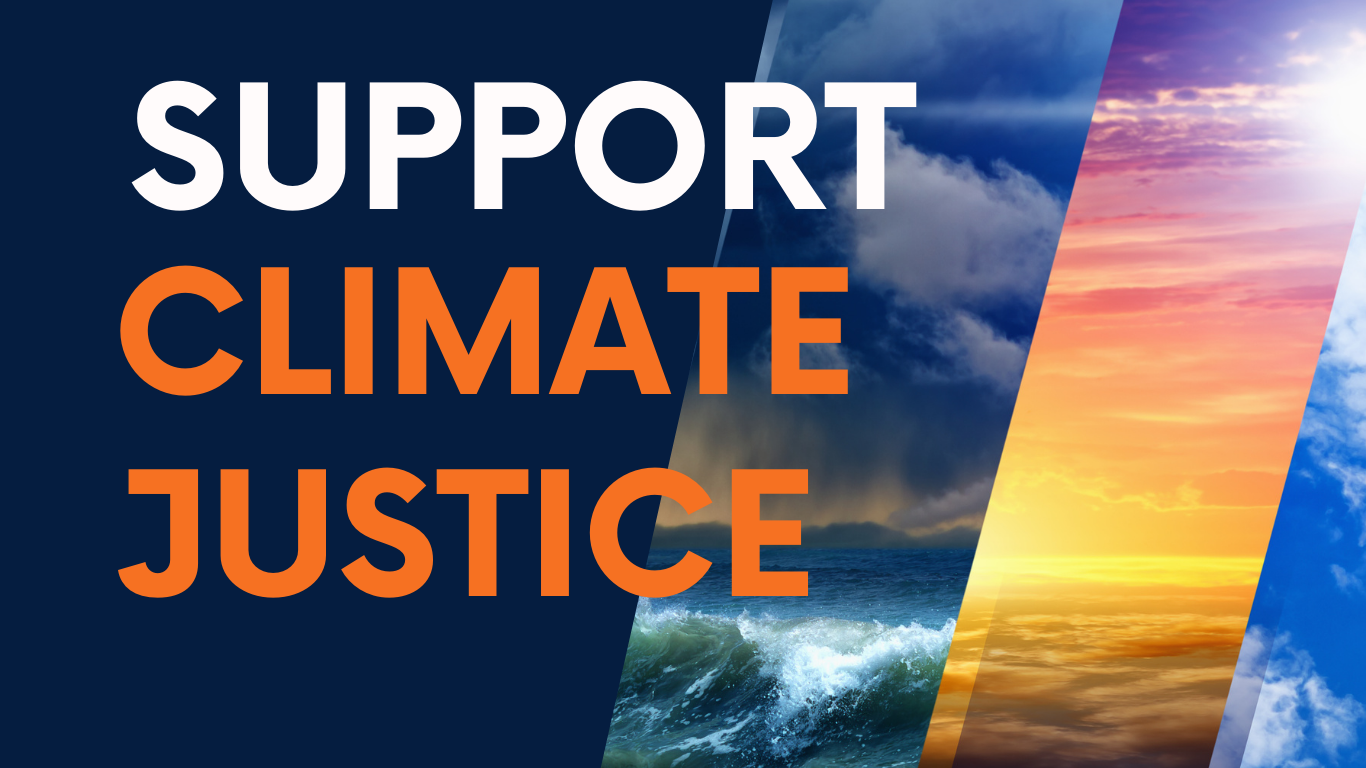By Marco Lopez
BELIZE CITY, Belize – June 3, 2024
The National Oceanic and Atmospheric Administration (NOAA) predicts an above-normal 2024 Atlantic hurricane season. Their Climate Prediction Center forecasts an 85% chance of an above-normal season, a 10% chance of near-normal, and a 5% chance of below-normal.
A total of 17-25 named storms (winds exceeding 39 mph) are expected, with 8-13 becoming hurricanes (winds exceeding 74 mph). Up to 7 could become major hurricanes (Category 3-5, winds exceeding 111 mph). NOAA has high confidence (70%) in these ranges.

Warmer-than-normal sea surface temperatures and a developing La Niña (following El Niño’s decline) are expected to increase activity. A potentially strong West African Monsoon season could fuel stronger, longer-lived storms in the Atlantic basin.
Human-caused climate change warms oceans, increasing storm surge impact and flooding risks for coastal areas. The World Meteorological Organization forecasts El Niño’s end by July-September, promoting La Niña’s favorable conditions for hurricane formation.

The Caribbean, often in the path of powerful storms, faces lagging mitigation and adaptation efforts due to limited financial resources. Climate Spotlight urges citizens in at-risk areas to prepare themselves, their families, and communities for potential storms.
Here are some tips to prepare for this hurricane season:
Develop a plan: Discuss evacuation routes, communication strategies, and sheltering plans with your family.
Assemble an emergency kit: Include non-perishable food, water, a first-aid kit, medications, flashlights, batteries, and a battery-powered radio.
Stay informed: Monitor weather forecasts from NOAA and local news sources.
Know your evacuation zone: If you live in a low-lying area, research evacuation procedures and plan your route.
Fortify your home: Secure windows, doors and loose outdoor items, and trim trees.







